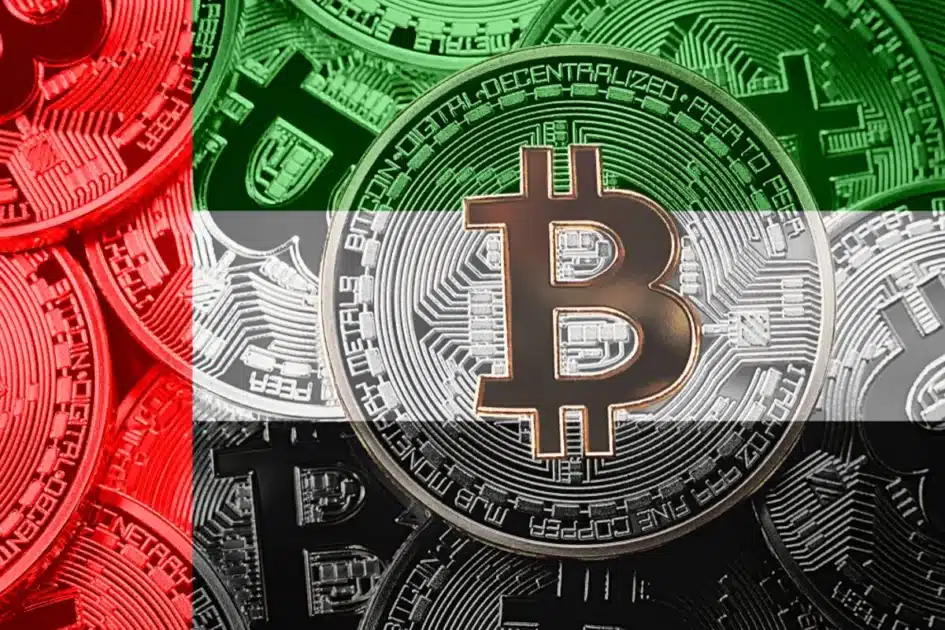The United Arab Emirates (UAE) has significantly regulated decentralized autonomous organizations (DAOs) by launching a new legal framework. The Ras Al-Khaimah (RAK) emirate introduced the DAO Association Regime, offering DAOs a legal structure to operate within the RAK Digital Assets Oasis free zone. This move helps DAOs overcome a key challenge—the lack of legal recognition—allowing them to open bank accounts and hold off-chain assets.
Also Read: Michael Saylor’s Comments on Bitcoin Self-Custody Spark Debate Among Crypto Leaders
Framework Enhances On-Chain and Off-Chain Operations
The new framework means that DAOs can interact with other off-chain entities, such as banks, which would have been impossible. Before the update, DAOs within the RAK Digital Assets Oasis could only own on-chain assets. As with other quasi-legal systems, DAOs can now own on-chain and off-chain assets, which significantly advances the integration of the elements of the DAO concept with the sphere of the traditional defined financial system. According to Mr Luc Froehlich, the CCO of RAK DAO, this legal framework is critical in making the RAK Digital Assets Oasis the preferred location for digital assets globally.
The framework features two models designed to cater to DAOs at different stages of development. Smaller DAOs, with fewer than 100 members, will benefit from a simplified process. Meanwhile, mature DAOs with treasuries over $1 million will follow more comprehensive guidelines to accommodate their complexities. This makes it possible for DAOs of every capacity to conduct their affairs in a fit and protected atmosphere.
UAE Expands Regulatory Scope to Stablecoins
The UAE’s regulatory efforts extend beyond DAOs, as the Central Bank of the UAE (CBUAE) has approved the AED Stablecoin, the region’s first regulated dirham-pegged stablecoin. This initiative is under the Payment Token Service Regulation to enhance stability in the industry of cryptos. In an effort to fight against financial risks, the regulation still outright bans algorithmic stablecoins and privacy tokens but requires that every stablecoin is backed by 100% cash or government bonds.
Conclusion
The UAE’s efforts to regulate DAOs and stablecoins highlight its ambition to become a global leader in digital assets. The new framework offers legal recognition to DAOs and strengthens the financial security of the growing crypto ecosystem.
Also Read: Ripple Secures In-Principle Approval for Financial Services License from DFSA
